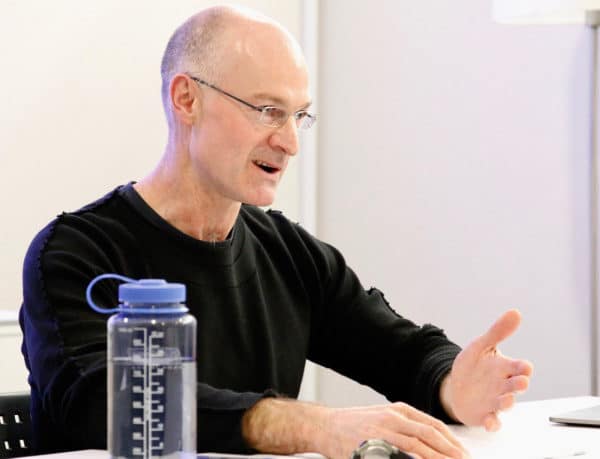This study explores the reciprocal relationship between technology, politics, and the arts. When computers brought about an automation of mental work, it became imaginable, as well as practicable, to use computers to produce verbal and visual art, as well as certain types of dramatic performance. Responses of artists diverge, however: one embraces the automating potential of the computer, and another resists it. By contrasting the work of novelist J.M. Coetzee and artist William Kentridge, I extend research on automation to wider cultural understandings of computing—among them, the ethical and political meaning given to automation (whereby tasks previously done by workers are done by machines), and to human–computer interaction. The peculiar meaning given to automation and computerization in apartheid South Africa, where the labor market was distorted by racial “job reservation,” I argue, profoundly informs the diverging responses of these two South African artists.
Menu
Share this project:
Share on whatsapp
WhatsApp
Share on email
Email
Share on facebook
Facebook
Share on twitter
Twitter
Share on linkedin
LinkedIn
Is any information on this page incorrect or outdated? Please notify Ms. Nel-Mari Loock at [email protected].


